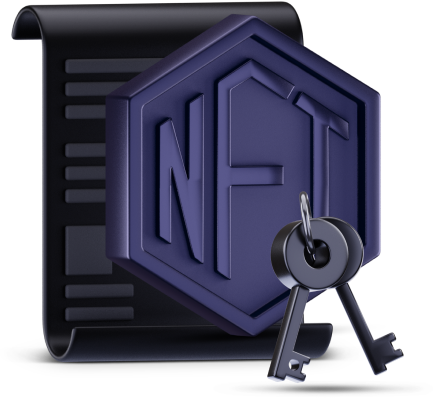Sense is a Near-Duplicate NFT detection protocol powered by the Pastel Network. Assess the relative rareness of a given NFT against near-duplicate metadata on networks like Ethereum and Solana and prevent scams or theft.

First of Its Kind Protocol
A lightweight protocol that leverages computer vision and a number of deep learning models using Tensorflow with Keras Applications to transform any NFT into a representation of thousands of numbers - an NFT fingerprint. Fingerprints can be compared against public NFTs in existence by querying open networks of data.
Say goodbye to scams, frauds, and thefts. Hello to certifiable rareness.
Before Sense, creators and collectors carried the burden of verifying if the works they were collecting were, in fact, originals. Sense was developed with creators and collectors in mind - to make proving authenticity and identifying rareness simple for the user.
Proven Authenticity and Quantified Rareness for a better world of NFTs

Robust NFT Fingerprint
Sense goes beyond the standard “digital fingerprint” approach to establishing the rareness of an NFT and analyzes the rareness of the data’s pixel patterns. It then assigns a ‘Relative Rareness Score’ to quantify how rare an NFT is relative to all NFTs in the underlying dataset.

Near-Duplicate Detection
Sense does not require an NFT to be an exact duplicate to detect it. In fact, the NFT data can be transformed with varying degrees of complexity and still be recognized as a “near-duplicate” of an existing NFT. It does not matter if the data are cropped, rotated, stretched, or flipped, the system will still “see through” these superficial changes.

Refined Rareness
Sense takes a very refined approach to rareness. Rather than reducing the question to a binary “yes/no,” the output is a number score to the nearest hundredth of a percent, highlighting the differing degrees of visual similarities between NFTs.

Interoperability
Any platform or application can integrate Sense seamlessly. Open API standards enable users to make requests to the network with just a few lines of code, meeting any commercial level of service requests, availability, and traffic volume as needed.



